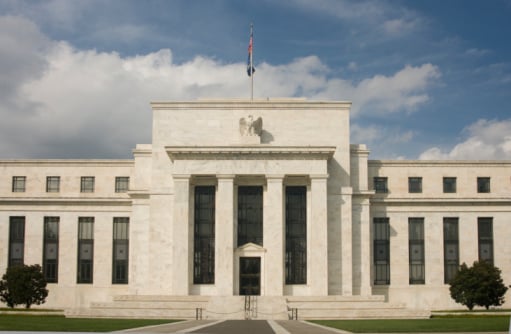
Source: Thinkstock
In a speech today, Lacker noted that in mid-2011 inflation had reached 2.8% and that unless the Fed is careful, inflation could return to somewhere around the FOMC’s target of around 2%. He does concede that part of the reason for the slow growth of U.S. GDP is the “sluggish” growth in what employees are paid.
Hourly earnings are up just 1.8% in the past 12 months, only slightly more than inflation. Perhaps a little more inflation would be a good thing.
Lacker does acknowledge that without more growth in earnings there will be less spending, even though the housing market — or at least news about rising house prices — is reviving “households’ confidence in the market value of their most valuable asset.” True enough, but so far there’s little evidence that consumers are willing to spend more on the basis of a few percentage points of growth in home values.
Lacker concludes with this: “Well-contained inflation, the most fundamental contribution a central bank can make to economic growth, seems likely to continue.” Lacker may not be happy, but he’s satisfied.
Essential Tips for Investing: Sponsored
A financial advisor can help you understand the advantages and disadvantages of investment properties. Finding a qualified financial advisor doesn’t have to be hard. SmartAsset’s free tool matches you with up to three financial advisors who serve your area, and you can interview your advisor matches at no cost to decide which one is right for you. If you’re ready to find an advisor who can help you achieve your financial goals, get started now.
Investing in real estate can diversify your portfolio. But expanding your horizons may add additional costs. If you’re an investor looking to minimize expenses, consider checking out online brokerages. They often offer low investment fees, helping you maximize your profit.
Thank you for reading! Have some feedback for us?
Contact the 24/7 Wall St. editorial team.



